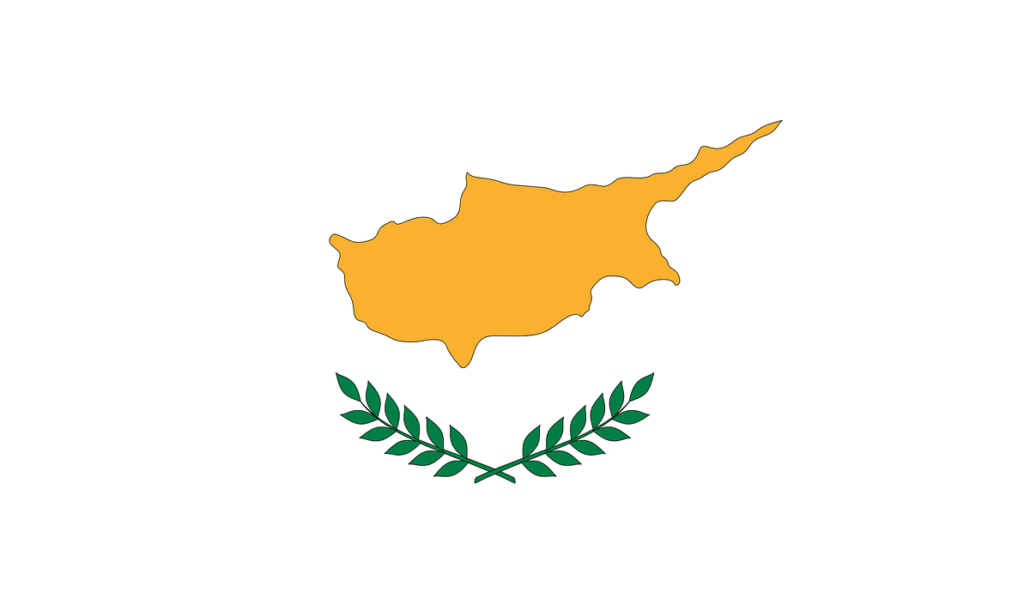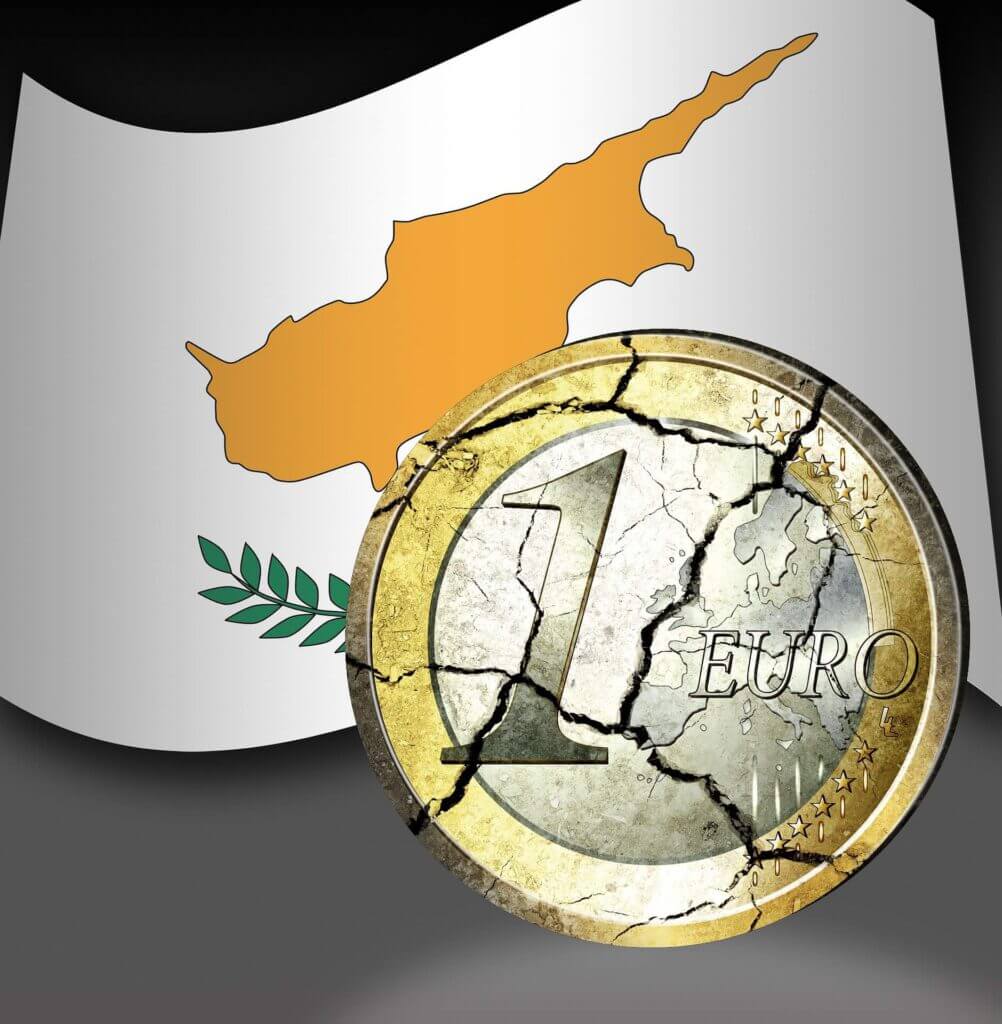Claims against Swiss banks – retrocessions. Do you have or have you had a Swiss bank account? You probably are owed money!
Retrocessions are payments that banks receive from advisors or distributors. Often, these payments are made secretly and are not disclosed to customers, even though the customers ultimately bear the cost of these fees.
What happened in Switzerland?
In recent years, regulatory bodies in Switzerland have begun to demand higher transparency from institutions, organizations, and banks. Consequently, many payments that Swiss banks had secretly made to external asset managers to attract new clients to various banks were exposed. Due to growing concerns about potential conflicts of interest, Swiss banks are now required to disclose cross-border fees and implement measures that ensure fair and transparent working methods when dealing with asset managers. The ultimate goal of these changes is to protect client interests and create a fairer financial landscape in Switzerland.
Swiss retrocessions are a very significant component of the financial system, with annual claims exceeding 4 billion Swiss francs, and an estimated amount of 16.2 billion dollars in unclaimed cross-border fees as of 2020. It’s worth noting that about 13% of banking profits in Switzerland come from various forms of retrocessions, demonstrating the extensive nature of this practice. Depending on the investment period and the specific financial products involved, clients can receive a refund of between 4-7% of their portfolio value. However, Swiss law limits claims to the last ten years starting from June 2012. Unlike Switzerland, accounts in Liechtenstein extend this to a 30-year window.
It’s important to note that there is no law requiring banks to notify about this, so in practice, the bank simply waits quietly until the limitation period expires, knowing that it can then pocket those fees which, according to the law, it is obligated to return to the clients.
How do I recover lost money?
With increasing awareness of retrocessions and their potential implications, there has been a rise in claims for the recovery of money. Customers who were previously unaware of these refunds have filed legal claims against banks, calling for the return of these funds. Cases that have been examined already show that the banks breached their duty of trust by not disclosing the presence and amount of the cross-border fees, which could have affected client investments. To substantiate their claims, customers are expected to provide proof that they were not aware of the banks’ conduct, emphasizing how the lack of transparency adversely affected their financial well-being.
The outcomes of such claims depend on the specific circumstances, jurisdictional authority, and the strength of the evidence. However, the increase in awareness and legal actions highlights the importance of transparency and accountability in the financial industry, particularly among banks. To initiate a claim for a specific account, the client needs to provide basic information such as name, address, date of birth, the specific bank involved, estimated amounts, and estimated dates. Following this, a tailored contract is prepared for the client’s signature. The average time to settle a claim is between 9 to 12 months, depending on the specific bank involved. Surprisingly, recent claims have an impressive success rate of over 90%.
Our office is in constant contact with a Swiss company experienced in filing such claims and assists in recovering the money. The fee for such cases is derived only from the money the client received. (If you didn’t receive it – you don’t pay!).













